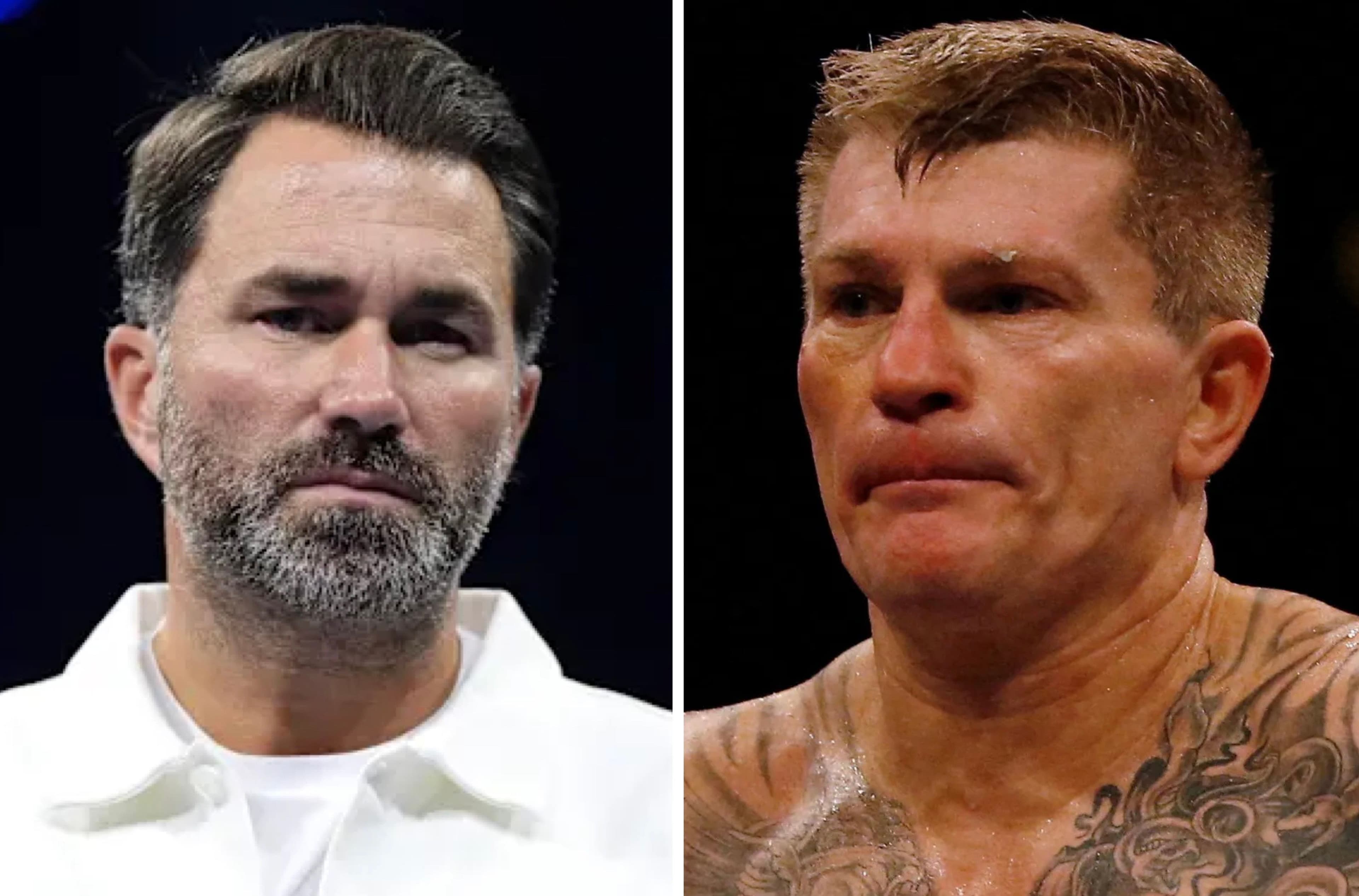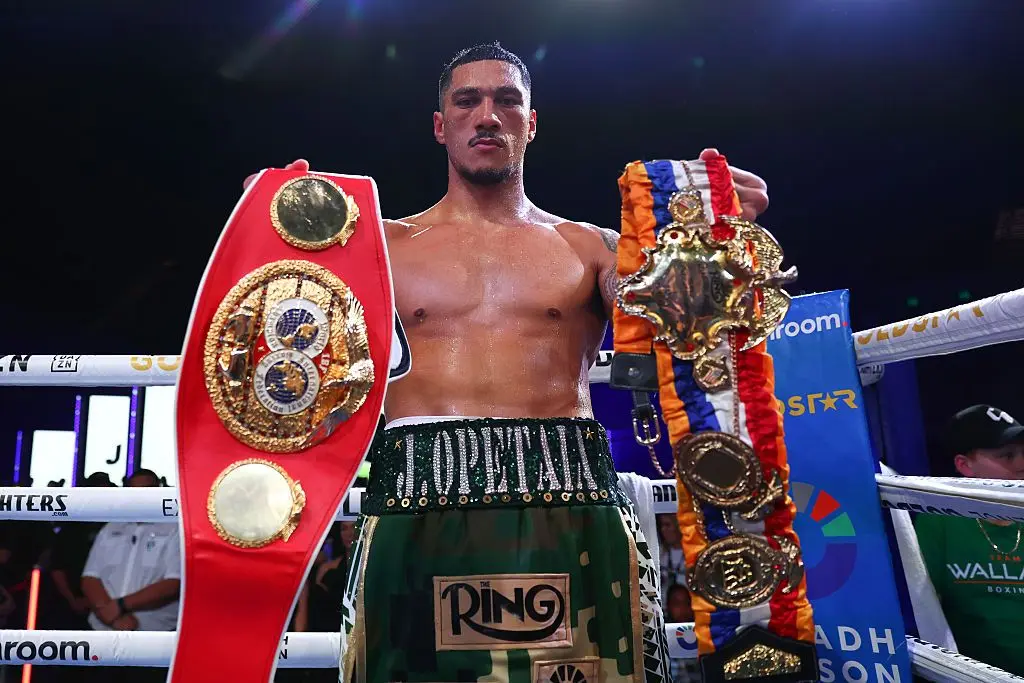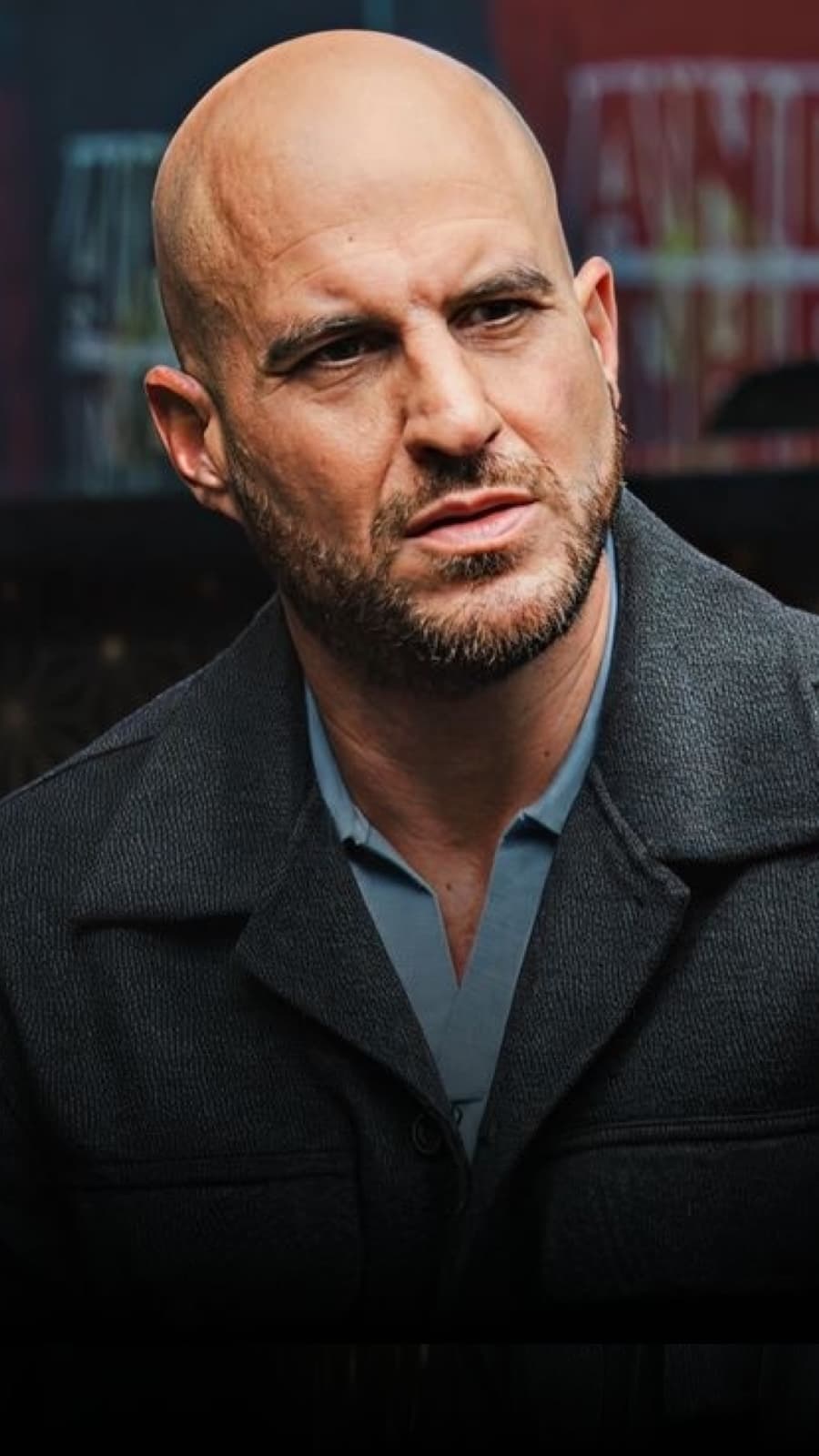

After Ricky Hatton's death, Eddie Hearn wants boxing to do more. But what exactly?
Sep 29, 2025
4 min read
Hatton, as well as two-time world heavyweight champion Tyson Fury, have been huge advocates of more conversation around the issue of mental health in recent years. Even so, Hearn believes there is still a stigma attached to it given the nature of boxin...
Eddie Hearn believes boxing should offer more emotional support to fighters in retirement following the tragic death of British icon Ricky Hatton at 46.
The chairman of Matchroom Sport, however, is still trying to figure out exactly what can be done to help professionals in the absence of "the ultimate buzz" once they hang up the gloves.
The death of Hatton, who was found in his home by long-term manager and friend Paul Speak the morning of Sept. 14, came after the former unified junior welterweight champion had openly discussed his mental health problems.
A wave of tributes followed for one of the most beloved figures in British boxing history while the news once again brought into sharp focus how many fighters suffer in silence once they have retired. Hearn, who is the same age as Hatton, was "heartbroken" by the news and is adamant about doing something.
But Hearn pointed out that Hatton, as he was in the ring, was something of a one-off, an exception to the rule and an outlier. This was not a man who stopped fighting and disappeared. On the contrary, his work as a trainer, manager and promoter kept him entrenched in the sport while he was also part way through a training camp for an exhibition fight at the time of his death.
“The answer to that question is undoubtedly yes,” said Hearn, when asked whether it was boxing’s duty to provide more long-term, emotional support.
“But Ricky had so much to do once he had actually stopped fighting. It wasn’t like Ricky finished his career and just left boxing behind; he was a manager, he was a promoter, he was an analyst, he did after-dinner speaking, he was a trainer. He was even still boxing. All of that still wasn’t enough.
“So I don’t know what the answer is. The thing is with Ricky is that he was so selfless that when he probably needed to help himself, he was more interested in helping others.
“You see so often in life when people don’t even realise when those around them are struggling. The statement from the Hatton family even said that he seemed fine and that his bag was packed for a trip. But sometimes you just don’t see how people are feeling deep, deep down.”
The likes of Hatton, as well as two-time world heavyweight champion Tyson Fury, have been huge advocates of more conversation around the issue of mental health in recent years. Even so, Hearn believes there is still a stigma attached to it given the nature of boxing as a sport.
“Even though he talked so openly about his problems, as a man and as a fighter in this world, you still never really knew how he felt,” Hearn added on Hatton.
“Everyone talks about needing to ‘talk more’ but people just don’t. Most of us, if we were in a dark place, we probably wouldn’t talk. Especially in this industry because it is almost perceived to be a sign of weakness, especially if you’re a current fighter.
“But I think, yes, there could be more to help fighters once they retire. Really it’s not just fighters, it’s all athletes who have been on the biggest stage. That is the big problem. When people move away from that regimental lifestyle and that buzz and they have nothing to replace it with, or the thing that they replace it with can’t fill the void.
“But the reason why boxers struggle so much is because what they do is the ultimate buzz. That’s why. It’s not a game of tennis which I’m sure is a great buzz as well but this is different. It’s training for a fight and going out there in front of everyone. It’s primal.
“It’s why if you’re not content when you finish it’s even harder.”
Hatton made no secret that he struggled badly to come to terms with his two most high-profile defeats. Firstly, losing to Floyd Mayweather via 10th-round TKO at MGM Grand in December 2007 and a far more brutal second-round finish at the hands of Manny Pacquiao in the same arena 18 months later.
He attempted to exorcise those demons in his November 2012 comeback fight with Vyacheslav Senchenko and, despite getting stopped in the ninth round in Manchester, Hatton insisted the fight did scratch his itch somewhat.
Hearn believes a retired fighter’s peace of mind will come down to whether or not they were content with what they achieved and used former IBF middleweight champion Darren Barker as his example.
“I always think back to Darren Barker. I remember when he lost to Felix Sturm, his hip went in the first round, it had been a problem in training and it went in the fight, too," Hearn said. "But in the bar after he sat down with a beer. He just put his head back, closed his eyes and let out a sigh. I said, 'You’re done aren’t you?’ and he said, 'Yes I am.'
“But he had won a world title and gone well beyond his wildest dreams so he was content. But contentment is not just something you get from your career, every case is different and contentment is something different for everyone.
“We do continuously see people struggle when they retire from this sport and I think it’s important that we keep the conversation going about what we can do and how we can help.”
Analysis
Noticias de combate

Next
Jai Opetaia Defends Ring, IBF Cruiserweight Titles vs. Huseyin Cinkara On Dec. 6
Can you beat Coppinger?
Lock in your fantasy picks on rising stars and title contenders for a shot at $100,000 and exclusive custom boxing merch.

Partners







































